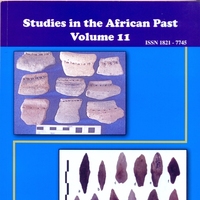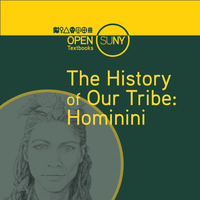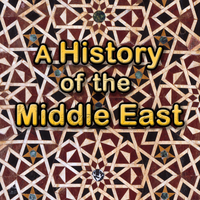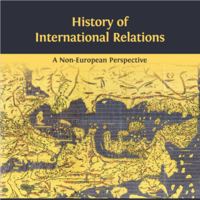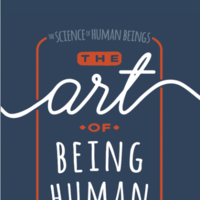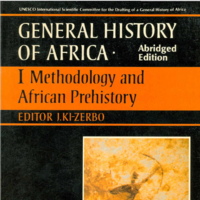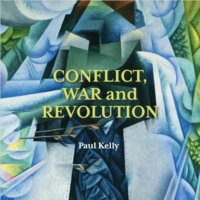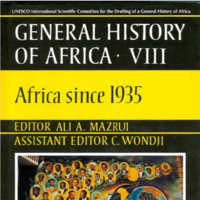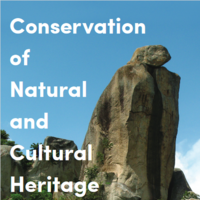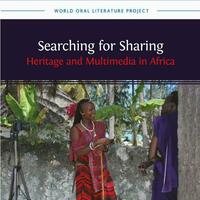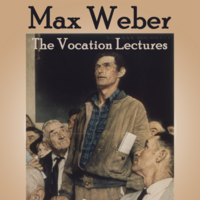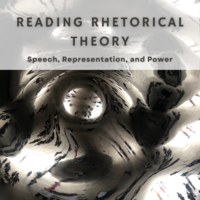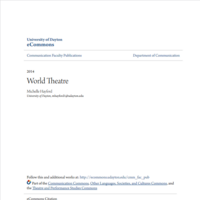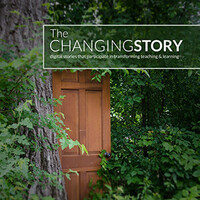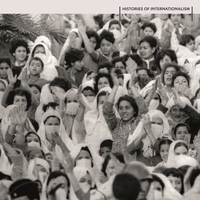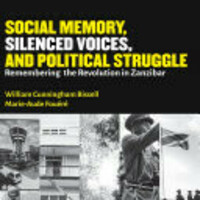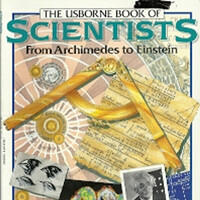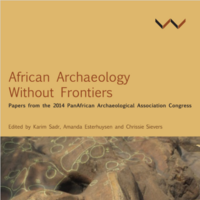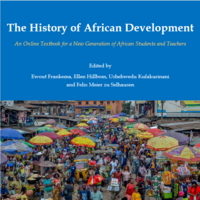Search
Books+
Searching 1,730 books
Search related to the career Historian
A historian studies:
1. Events and Time Periods: Historians examine specific events, time periods, and eras to understand their causes, consequences, and significance. They analyze historical contexts, political, social, cultural, and economic factors that shaped these events.
2. Primary and Secondary Sources: Historians rely on primary sources such as documents, letters, diaries, photographs, artifacts, and oral histories to gather firsthand information about the past. They also use secondary sources like books, articles, and scholarly works written by other historians.
3. Historical Interpretation: Historians interpret and analyze historical evidence to construct narratives and explanations of the past. They critically evaluate sources, compare different perspectives, and develop theories and arguments based on their findings.
4. Historical Methodology: Historians employ various research methods and techniques to investigate the past. They conduct archival research, interviews, surveys, and fieldwork to gather data and evidence. They also use statistical analysis, textual criticism, and other tools to analyze and interpret historical information.
5. Historical Context: Historians consider the broader historical context in which events occurred. They examine political systems, social structures, cultural norms, and economic conditions to understand how these factors influenced historical developments.
6. Historical Writing: Historians communicate their research findings through scholarly articles, books, and other forms of writing. They strive to present accurate, well-supported arguments and contribute to the broader understanding of history.
7. Historical Preservation: Historians play a crucial role in preserving historical sites, artifacts, and records. They work in museums, archives, and cultural institutions to protect and maintain historical resources for future generations.
8. Historical Analysis: Historians analyze patterns, trends, and changes over time to identify historical themes and draw connections between different events and societies. They seek to uncover the underlying causes and effects of historical developments.
9. Historical Memory: Historians explore how societies remember and commemorate the past. They study collective memory, public history, and the ways in which historical narratives shape identity, politics, and culture.
10. Historical Impact: Historians assess the impact of historical events and processes on the present and future. They examine how past events continue to influence politics, social structures, and cultural practices in contemporary society.
In summary, historians study a wide range of topics related to the past, using various research methods and sources to analyze and interpret historical events, contexts, and their significance.
Source: Various AI tools
History
Africana studies
Books tagged Africana Studies
Anthropology
Historical fiction
Classics department
Cultural heritage preservation
Research
Books tagged research
Searched in English.
